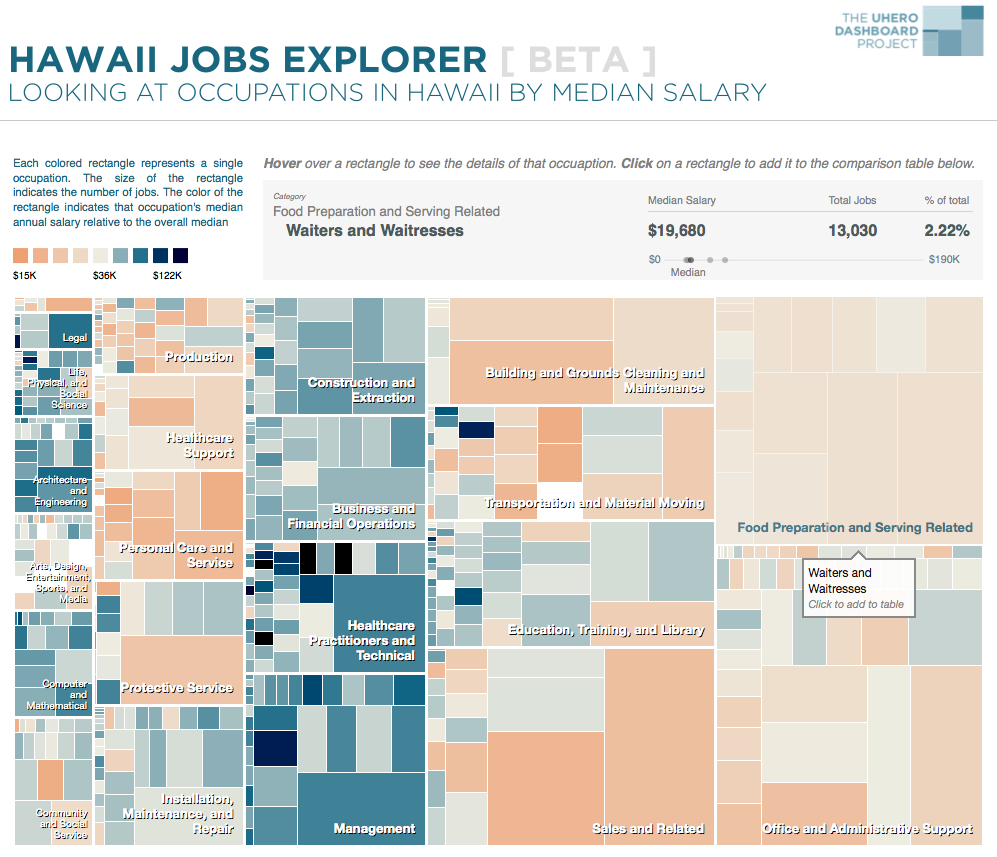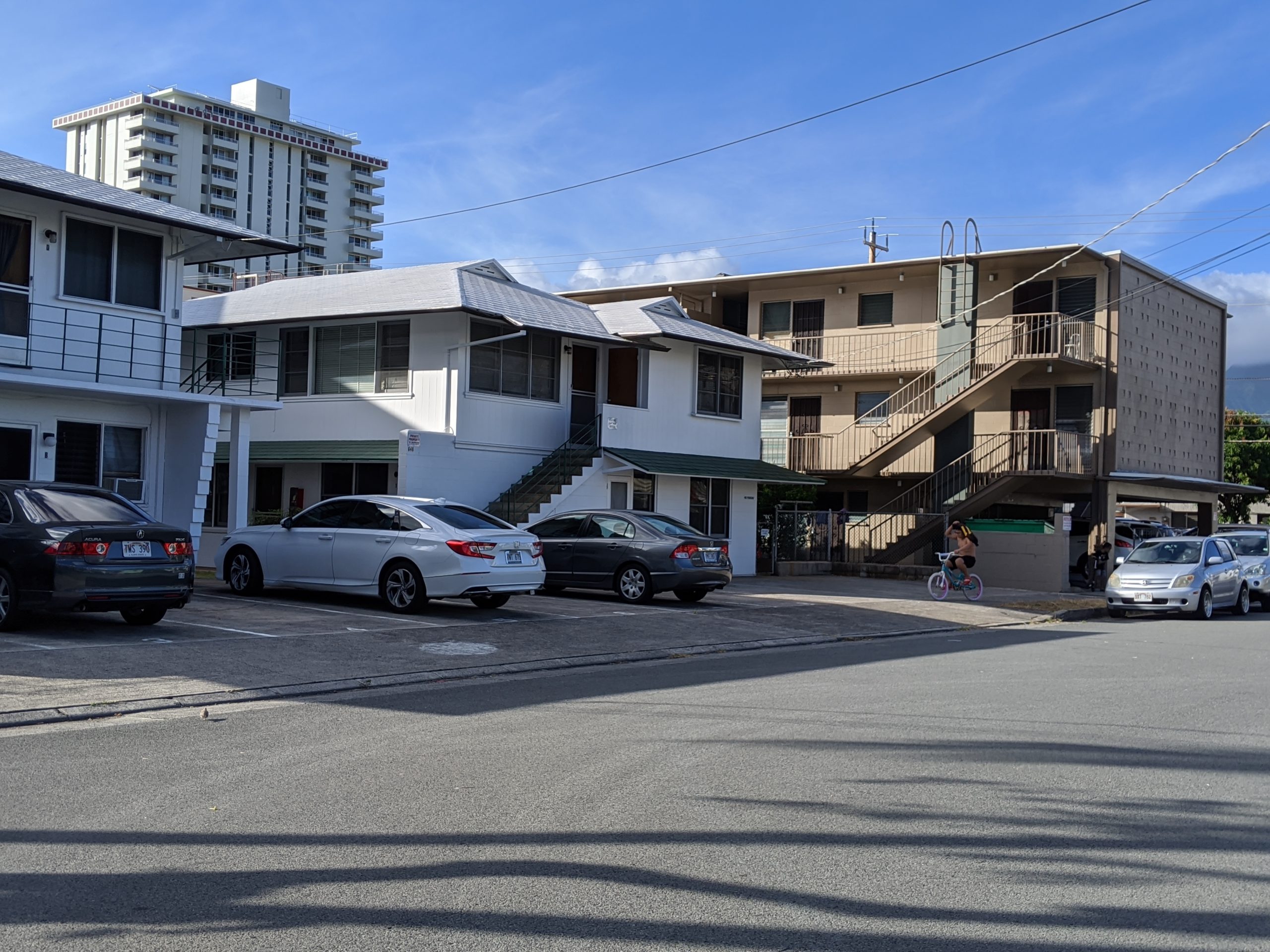UHERO research programs address many of the key policy challenges facing
Hawai’i and the Asia Pacific Region
Themes
UHERO research covers a wide array of topics, areas of academic inquiry, and policy challenges. Much of this research falls within one of these broad focus areas:


Analytics
The UHERO Analytics team uses data to generate economic insights that are important to Hawai’i. By leveraging large data resources, we provide unbiased analysis of economic issues. We communicate findings through data visualizations, public data repositories and clear economic analysis.


Education
Researchers at UHERO are involved in analyzing the education landscape across the state of Hawaii, from postsecondary education to higher education and beyond. Their work highlights the crucial role that education plays on labor market outcomes and sheds light on how education can increase social mobility for those from economically disadvantaged backgrounds. By conducting studies on Hawaii’s education system, UHERO’s education research serves as a vital resource for shaping policies and initiatives aimed at enhancing educational opportunities statewide.


Energy Policy and Planning Group
UHERO fellows conduct research to evaluate impacts of past and prospective energy-related policies, and engage with policymakers and stakeholders on contemporary and emerging energy issues, such as renewable energy and associated clean air goals, energy efficiency, electric vehicles, and carbon taxes.


Environment
UHERO Environment partners with government, non-profit, business, and community groups to address Hawaiʻi’s key environmental policy challenges. To do so we employ a diverse set of interdisciplinary methods and tools to study the interconnection between human and natural systems with the purpose of contributing to more effective decision making. We specifically work in the linked areas of water, energy, food systems, watersheds, and coastlines, where an overarching theme is how to mitigate and adapt to land use and climate change and their effects on these systems.


Forecast
UHERO Forecasts provide the Hawaii community with analysis of economic trends in the State and the Asia-Pacific region.


Health
Researchers at UHERO are actively engaged in studying health policy in Hawaii and other regions. Their work focuses on vital topics such as health care access, health disparities, disease prevention, and health care delivery. Collaborating with a diverse array of stakeholders, including philanthropic foundations, government agencies, insurance providers, and community groups, UHERO’s researchers use data-driven approaches to inform policymakers, health care practitioners, and the general public. Their work is crucial in addressing health care challenges and providing evidence-based solutions to improve the well-being of communities throughout Hawaii.


Housing
The UHERO Housing Policy Group provides rigorous analyses to inform debates regarding housing in Hawaiʻi, with a focus on the high housing cost burdens experienced by the State’s residents. This problem is multiscalar in its origins and thus requires a bundle of analyses ranging from longitudinal portraits of the State’s housing market, to estimates of the impact of housing costs on diverse communities, to objective evaluations of proposed policy solutions.